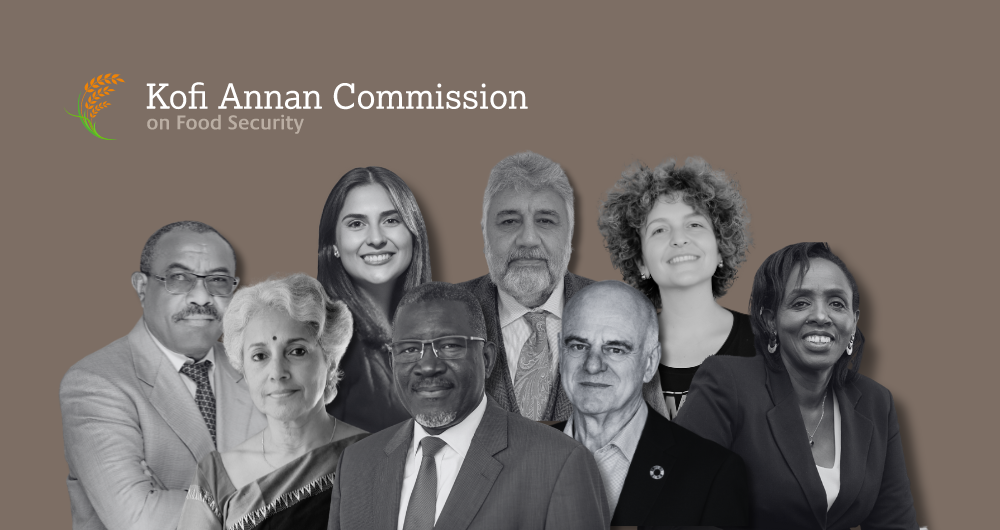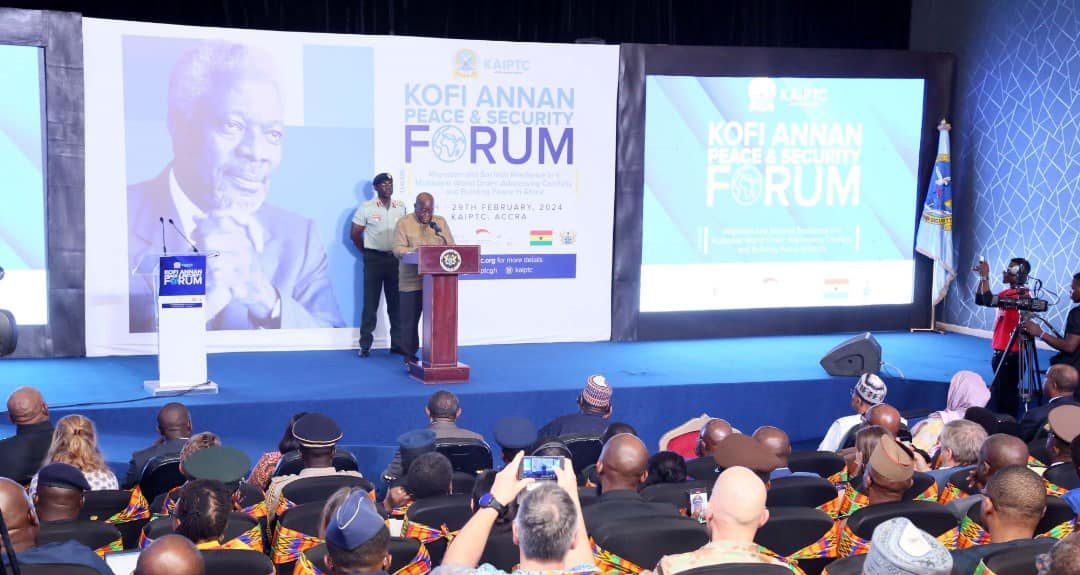Defending Democracy: Nelson Mandela and Kofi Annan ’s ideals under the spotlight
The below article was written by Alan Doss and Faizel Ismail and first published in the Daily Maverick
Just 11% of countries in Africa are politically ‘free’, and the average level of democracy, understood as the respect for political rights and civil liberties, fell in each of the last 14 years. In the SADC region, five countries have lost ground since 2006.
“I have cherished the ideal of a democratic and free society,” said Nelson Mandela. Two-thirds of Africans still share his ideal today (Afrobarometer), one of the highest scores in the world. What’s more, democratic principles are enshrined in the African Union (AU) Charter and the Southern Africa Development Community (SADC) Treaty.
Yet these aspirations are being dashed: according to the US-based NGO Freedom House, just 11% of the continent is politically “free”, and the average level of democracy, understood as the respect for political rights and civil liberties, fell in each of the last 14 years. In the SADC region too, the Economist Intelligence Unit (EIU) estimates that five countries have lost ground since 2006.
This matters, because democracy is not just an end in itself, as former UN secretary-general Kofi Annan reminded us: “I have been a tireless defender of democracy all my life because I am convinced it is the political system most conducive to peace, inclusive development, the rule of law and the respect for human rights, the pillars of any healthy society.”
“I have been a tireless defender of democracy all my life because I am convinced it is the political system most conducive to peace, inclusive development, the rule of law and the respect for human rights, the pillars of any healthy society.”
-Kofi Annan
Perhaps the single most decisive factor for development is good governance, and democracies provide the checks and balances, independent institutions, accountability and transparency required to achieve it.
Apart from a few well-publicised exceptions, authoritarian regimes have generally performed abysmally all over the world, including in Africa, not just brutalising their citizens, but impoverishing them too.
Africa’s booming and increasingly urban and educated young population is increasingly less willing to put up with authoritarian misrule, as recent events in Burkina Faso, The Gambia, Sudan and Algeria illustrate. If the situation continues to deteriorate, we can expect increasing political instability and mass migration in the coming years.
Rulers across the region ought to convert to Nelson Mandela’s and Kofi Annan’s philosophy of leadership as service. It is the surest way to be celebrated, and remembered. But principled leaders like Mandela do not emerge every day. For the others, peer pressure can help.
Alas, the international community has not always upheld its ostensible ideals, accepting contested election outcomes in the name of stability. This is short-sighted because, in the long run, illegitimate regimes cannot govern effectively, and will ultimately fail.
But, at the end of the day, the international community has less influence on countries’ evolution than their neighbours. As such, SADC can and ought to play a key role in inspiring its members to live up to their treaty’s aspirations as well as to the AU’s Charter.
South Africa, in particular, has the potential to champion the values that Nelson Mandela stood for, both at home and abroad, values such as human rights and democracy, enshrined in its progressive constitution. This is not just the right thing to do, but the wise thing to do, since South Africa has most to gain, and to lose, from its neighbours’ fortunes.
All that being said, democracy cannot be exported: it must come from within, and civil society in the region has grown increasingly organised and vocal as a force for political change.
Alan Doss is president of the Kofi Annan Foundation. Faizel Ismail is Director of the Nelson Mandela School of Public Governance at the University of Cape Town.
The Nelson Mandela School of Public Governance and the Kofi Annan Foundation are holding a conference on 4 and 5 September, 2019, with leading lights from across the region and beyond, to take stock of the situation and seek remedies in a bid to fulfil Kofi Annan’s exhortation to “be the change you want to see”.



